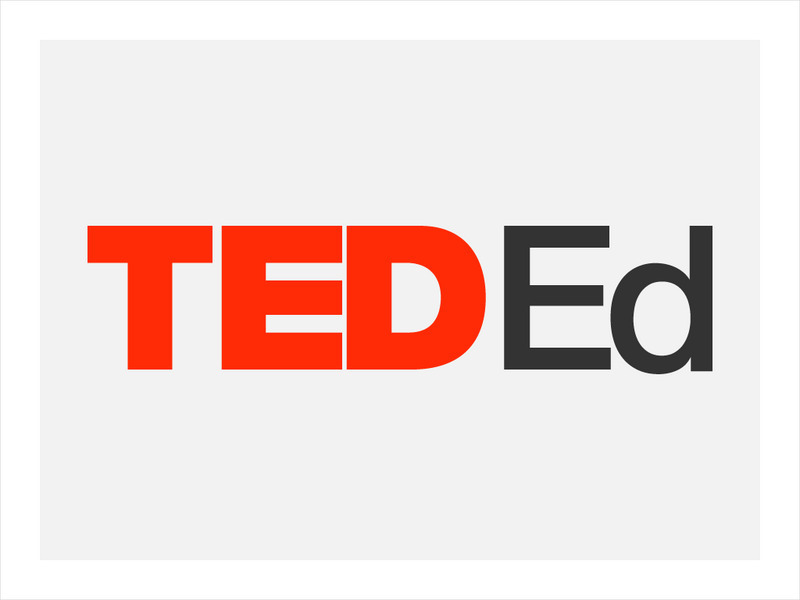Hi, what do you want to do?
NASA
Nasa: Weather
Though we live on the surface of the Earth, we actually live at the bottom of an ocean of air. Dynamic layers of air interact with the Earth's surface and the Sun's energy to produce the phenomenon of weather. The atmosphere is...
Sophia Learning
Sophia: The Biosphere: Lesson 2
This lesson will discuss the importance of the biosphere (the global ecosystem) to living things. It is 2 of 3 in the series titled "The Biosphere."
Sophia Learning
Sophia: The Biosphere: Lesson 3
This lesson will discuss the importance of the biosphere (the global ecosystem) to living things. It is 3 of 3 in the series titled "The Biosphere."
Sophia Learning
Sophia: The Biosphere: Lesson 1
This lesson will discuss the importance of the biosphere (the global ecosystem) to living things. It is 1 of 3 in the series titled "The Biosphere."
Florida State University
Florida State University: Atmospheric Composition
This page deals with the composition of the earth's first atmosphere and how it has changed. Also the elements and percentages that make up our current atmosphere are listed.
BBC
Bbc: Gcse Bitesize: Earth and Atmospheric Science
There is evidence that the Earth's early atmosphere contained less oxygen but more carbon dioxide and water vapor than it does today. Increased emissions of greenhouse gases have led to climate change. Link to a test is included.
Other
Lehigh University: Climate Change
An inquiry-based science unit for middle school students centered on weather and climate. The lessons integrate technology and lab activities while teaching about Earth system energy balance, greenhouse gases, paleoclimatology, and how...
University Corporation for Atmospheric Research
Ucar: Greenhouse Effect Teaching Box
This teaching box provides resources related to the greenhouse effect. It will help you teach how the greenhouse effect warms our planet.
CK-12 Foundation
Ck 12: Earth Science: Reducing Greenhouse Gas Pollution Study Guide
[Free Registration/Login may be required to access all resource tools.] This study guide summarizes key points about global efforts to reduce greenhouse gases in the atmosphere. Includes a few questions to check for understanding.
University Corporation for Atmospheric Research
Ucar: Why Does Climate Change?
Factors that have the power to change global climate can be natural, like volcanic eruptions and changes in solar energy, or caused by humans, like the addition of greenhouse gases to the atmosphere.
Utah Education Network
Uen: Introduction to Climate Change
This is designed to be an introductory lesson to climate change. It covers the importance of the atmosphere, the basics of the "Greenhouse Effect" and an introduction to the human contribution to increased greenhouse gases.
Climate Literacy
Clean: Carbon Footprint
In this lesson students investigate how much greenhouse gas (carbon dioxide and methane) their family releases into the atmosphere each year and relate it to climate change. To address this, students use the Environmental Protection...
University Corporation for Atmospheric Research
Ucar: Co2: How Much Do You Spew?
Students analyze the energy consumption of a hypothetical household to determine the amount of carbon dioxide they are adding to the atmosphere each year.
PBS
Pbs Learning Media: Understanding Air: Climate Change and Modeling Combustion
For this lesson, students learn about the components of air and the chemical reactions that release carbon dioxide into the atmosphere and explore the connection between carbon dioxide, climate change, and environmental health.
NASA
Nasa: Beginner's Guide to Aerodynamics
Includes exhaustive information and a wealth of activities pertaining to aerodynamics and the physics of flight.
University Corporation for Atmospheric Research
Ucar: Methane
Brief article explores methane, a flammable gas found in the Earth's atmosphere.
Oklahoma Mesonet
Oklahoma Climatological Survey: Earth's Energy Budget
This 2-part resource details how the Earth absorbs just enough energy from the Sun to sustain life. Content explores incoming solar radiation and outgoing terrestrial radiation.
TED Talks
Ted: Ted Ed: Climate Change: Earth's Giant Game of Tetris
There's a game of Tetris happening on a global scale: The playing space is planet Earth, and all those pesky, stacking blocks represent carbon dioxide- a greenhouse gas that is piling up ever more rapidly as we burn the fossil fuels that...
American Geosciences Institute
American Geosciences Institute: Earth Science Week: Chemistry of Burning
In this activity, students use pipe cleaners and foam balls to build a model of a hydrocarbon molecule. They then modify it to demonstrate the chemical reaction that happens when the hydrocarbon is burned.
Other
Climate Gateway: What Is Climate Change?
This ClimateGateway.com site provides information on what climate change is as well as the factors that affect global climate.
BioEd Online
Bio Ed Online: Greenhouse S'mores
Students learn about climate change as they investigate how different materials are affected by a greenhouse effect. The lesson and accompanying PowerPoint can both be downloaded.
NASA
Nasa: Aerodynamics Index
Are you studying or teaching Aerodynamics? This page acts as an index to all the terminology related to this topic. Clicking on any title will open a page with a colored slide and a scientific explanation of the contents. Animated,...
Science4Fun
Science4 Fun: Nitrogen
Fun and interesting information about Nitrogen, the most abundant gas in the atmosphere. Learn about its characteristics, uses, where it is found, and discovery.
NASA
Nasa: Global Warming
This site introduces global warming, and the greenhouse effect and the gases contributing to it.



















